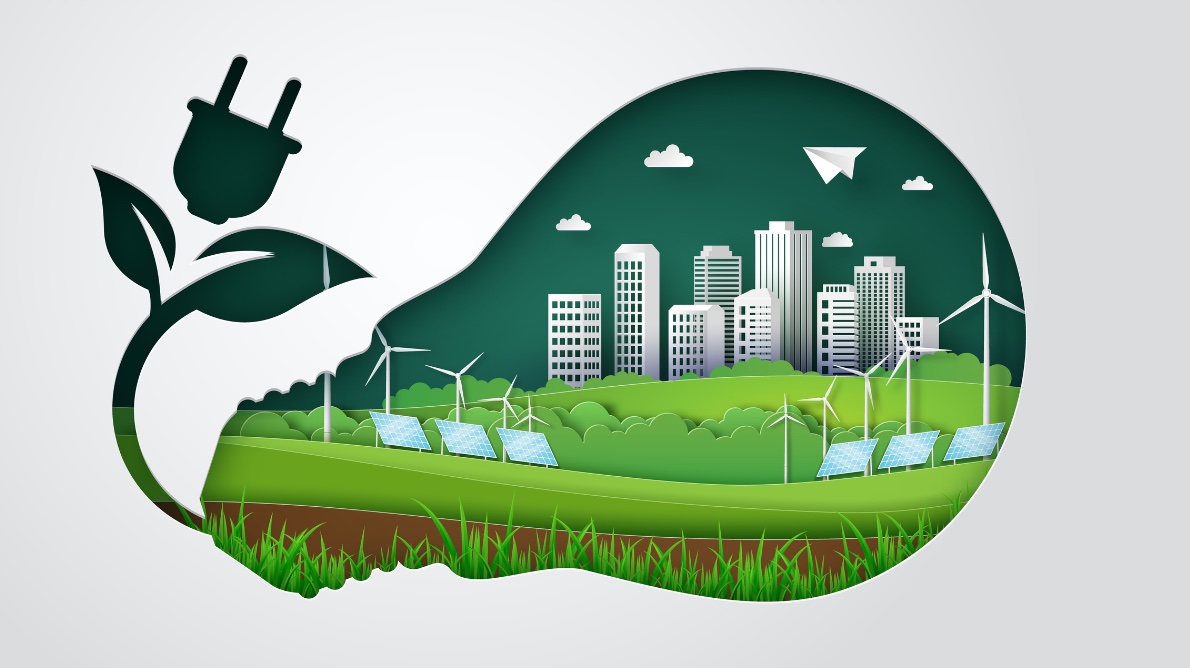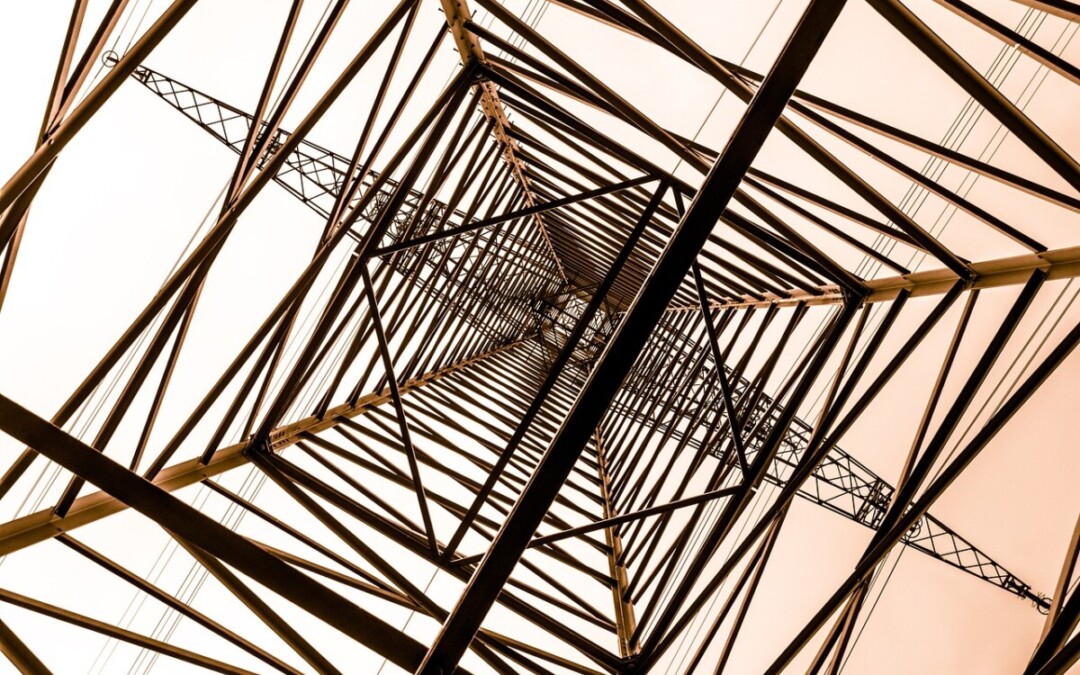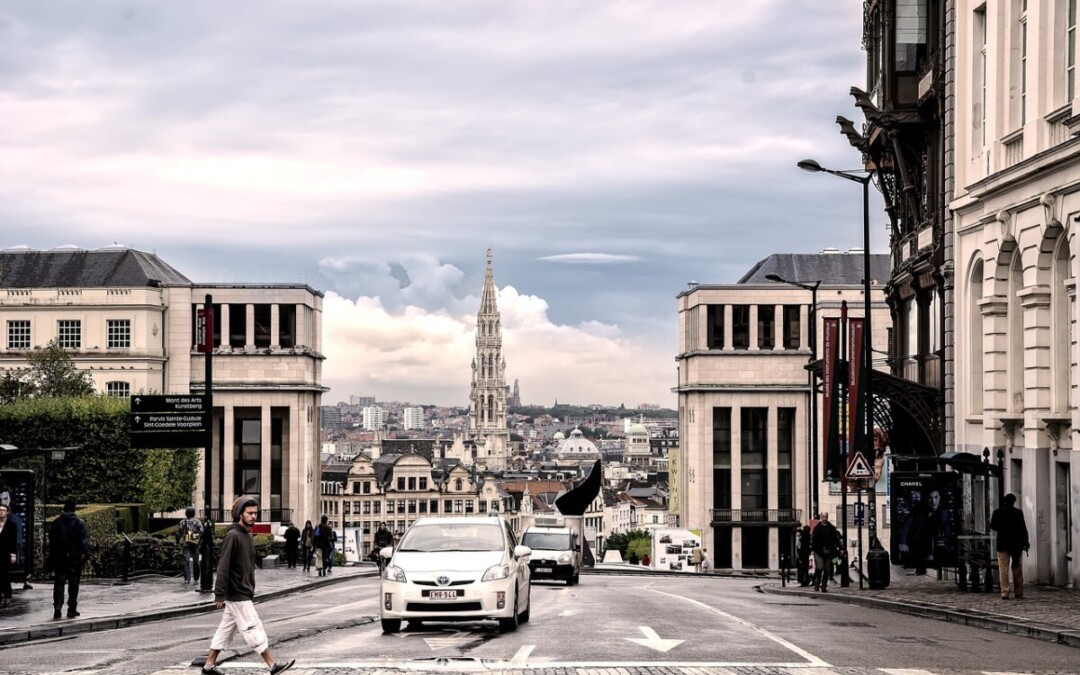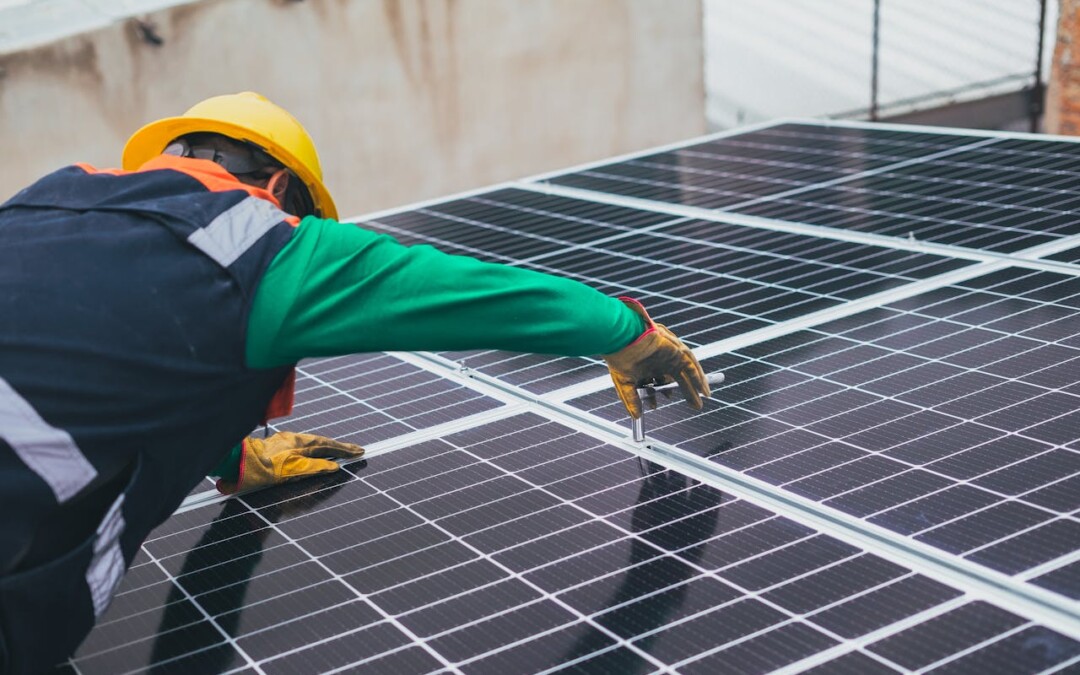The rise of decentralized energy production has disrupted the traditional balance in energy production. Small local producers have joined the ranks of large historical energy providers.
In 2022, photovoltaic production in Belgium was 7,592 GWh, an increase of over 250% in 10 years (PV production in 2012: 2,154 GWh — Source: Energie Commune). Photovoltaic energy now represents 8% of total electricity consumption in Belgium, with 26% of total electricity consumption being renewable.
This increase in decentralized production, along with the ongoing electrification of uses (electric vehicles, heat pumps, etc.), puts pressure on the electrical grid, which was not initially designed to accommodate this influx of renewable electricity and new demand.
A saturated grid
Strengthening the grid to ensure a fair transition and prepare the produced energy is therefore imperative. However, this takes time and requires significant investments.
Elia recently increased its plan for transforming the transport grid, aiming to optimize the infrastructure and integrate additional renewable electrical volumes.
Energy sharing as a solution ?
To address these challenges, one solution lies in the implementation of digital and communication tools and energy sharing mechanisms. In such a smart system, production capacity needs to be carefully considered and linked to consumption to prevent grid saturation and optimize energy production and consumption. The more the system is optimized, the less it will be necessary to reinforce the grid.
A study conducted by BRUGEL on the cost-benefit of energy sharing and energy communities underscores the importance of this approach. The cost-benefit equation of energy sharing is positive for the distribution network manager, ultimately benefiting consumers. However, it seems essential to achieve an energy sharing penetration rate of around 20% for the benefits to fully materialize.
In addition to contributing to reducing grid saturation, energy sharing has a positive impact on the bills of all customers. It also helps achieve national climate goals by promoting decarbonization.
Towards greener energy future
Energy transition and the integration of photovoltaic energy into the electrical grid pose significant challenges. However, with wise investments and innovative solutions like smart grids and energy sharing, we can overcome these challenges to build a more sustainable and resilient energy future.
Do you want to learn more about energy sharing and communities? Don’t hesitate to contact us!



